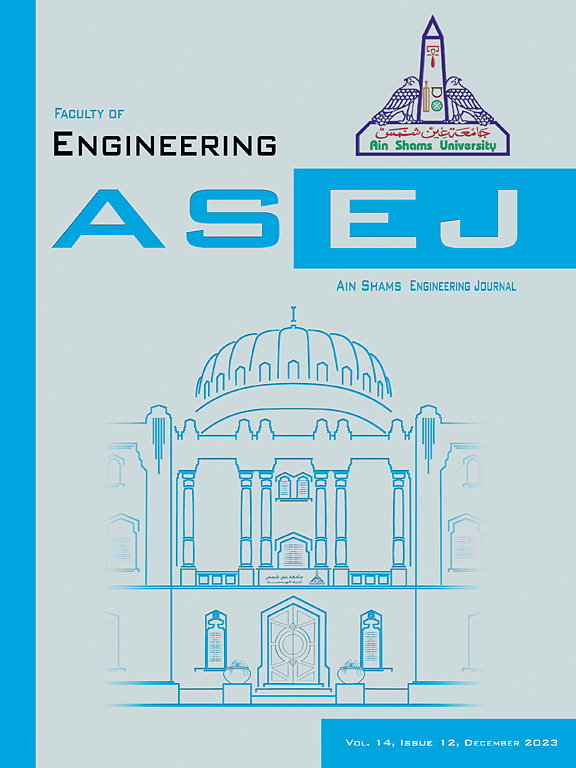The effect of blockchain on construction supply chain resilience: A mediated moderation model
IF 6
2区 工程技术
Q1 ENGINEERING, MULTIDISCIPLINARY
引用次数: 0
Abstract
In the era of globalization, enhancing construction supply chain resilience (CSCR) has become essential. Traditional supply chains face issues like information asymmetry, trust deficits, and inefficiencies, weakening their resilience. Blockchain offers a solution by improving transparency, trust, and coordination, but its impact on CSCR remains unclear. This study addresses the gap by developing a moderated mediation model to explore how blockchain influences CSCR through supply chain integration and the moderating role of environmental uncertainty. Data from 310 senior managers in Chinese construction firms were analyzed using structural equation modeling. The results showed that blockchain significantly improves CSCR, mediated by operational, informational, and relational integration, particularly under high uncertainty environments. The findings highlight blockchain’s potential to strengthen CSCR and provide theoretical insights into its mechanisms, offering practical guidance for construction companies to enhance supply chain processes through blockchain implementation.
求助全文
约1分钟内获得全文
求助全文
来源期刊

Ain Shams Engineering Journal
Engineering-General Engineering
CiteScore
10.80
自引率
13.30%
发文量
441
审稿时长
49 weeks
期刊介绍:
in Shams Engineering Journal is an international journal devoted to publication of peer reviewed original high-quality research papers and review papers in both traditional topics and those of emerging science and technology. Areas of both theoretical and fundamental interest as well as those concerning industrial applications, emerging instrumental techniques and those which have some practical application to an aspect of human endeavor, such as the preservation of the environment, health, waste disposal are welcome. The overall focus is on original and rigorous scientific research results which have generic significance.
Ain Shams Engineering Journal focuses upon aspects of mechanical engineering, electrical engineering, civil engineering, chemical engineering, petroleum engineering, environmental engineering, architectural and urban planning engineering. Papers in which knowledge from other disciplines is integrated with engineering are especially welcome like nanotechnology, material sciences, and computational methods as well as applied basic sciences: engineering mathematics, physics and chemistry.
 求助内容:
求助内容: 应助结果提醒方式:
应助结果提醒方式:


